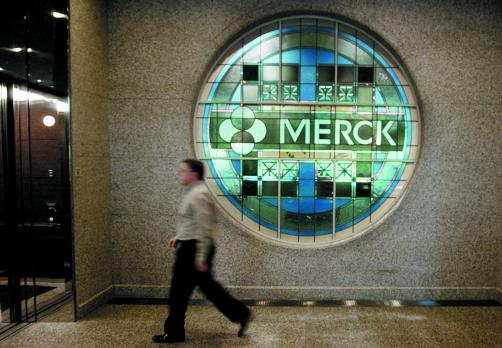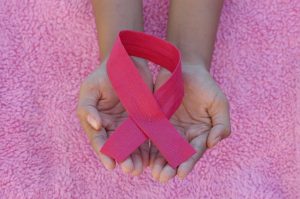
Green light at Merck facility boosts varicella vaccine supplies
pharmafile | September 9, 2013 | News story | Manufacturing and Production | Merck, Taylor, varicella
Prospects for Merck & Co’s vaccines for shingles and chickenpox have been lifted by approval of additional bulk manufacturing capacity for varicella virus antigen.
The FDA has given the go-ahead to manufacture bulk varicella at Merck’s facility in Durham, North Carolina, which has been progressively expanded recently as Merck restructures its manufacturing network.
Prior to the approval bulk varicella was made at Merck’s West Point facility in Philadelphia, which has struggled with some quality compliance issues that resulted in shortages of a number of vaccines.
Varicella is used in Merck’s Varivax chickenpox vaccine – which was first introduced in the mid-1990s – and also the company’s shingles vaccine Zostavax which was licensed in the US in 2006. It is also a key component of the company’s ProQuad paediatric vaccine which protects against chickenpox as well as measles, mumps and rubella.
Of the three Zostavax is arguably the most significant product for Merck, with the company’s president of global human health – Adam Schechter – describing the vaccine as a ‘key growth driver’ as recently as July.
Sales of Zostavax were more than $300 million in the first six months of the year, although the capacity constraints for manufacturing the vaccine have prevented it from meeting the blockbuster potential predicted at launch.
Zostavax has been used in around 20% of the 60-or-over population to date, Schechter pointed out, so there is plenty of scope for growth in the US market alongside roll-out of the product in Asia and Europe. Regarding the latter market he predicted that the first EU launch of Zostavax will be in the UK in the coming weeks, as the country is planning a national shingles vaccination programme this autumn.
Meanwhile demand in the US will be pushed by a public awareness campaign highlighting the seriousness of the infection and encouraging people to seek vaccination, not only among the over 60s but also in the 50-59 age bracket.
Varivax remains a big seller for Merck thanks to its inclusion in childhood vaccination campaigns, and the product achieved sales of $327 million in the first six months of the year, down on the $392 million sold in the same period of 2012.
The decline in Varivax sales mainly stem from the availability of ProQuad, which was unavailable in the US for a while because of the West Point supply issues but was returned to the market in October 2012, bringing in a sprightly $144 million in the first half of the year.
The Durham site was approved in 2010 to produce finished chickenpox vaccines, and the longer-term Merck plans for the site are to produce bulk and finished product for other childhood vaccines as well as Zostavax.
“The Durham facility will help us meet the increasing global demand for our quality vaccines that enhance health care for millions around the world,” commented Willie Deese, president of Merck’s manufacturing division.
Phil Taylor
Related Content

TILT Biotherapeutics shares data on TILT-123 with Keytruda for ovarian cancer treatment
TILT Biotherapeutics has announced promising preliminary safety and efficacy data from its ongoing phase 1 …

FDA approves Merck’s Winrevair for PAH treatment
Merck, known as MSD outside of the US and Canada, has announced that the US …

Merck shares results for Keytruda in cervical cancer treatment
Merck, known as MSD outside of the US and Canada, has announced positive results from …








